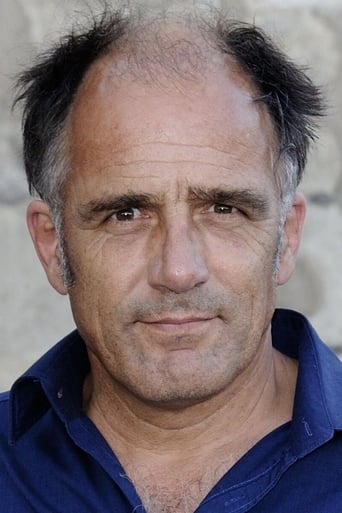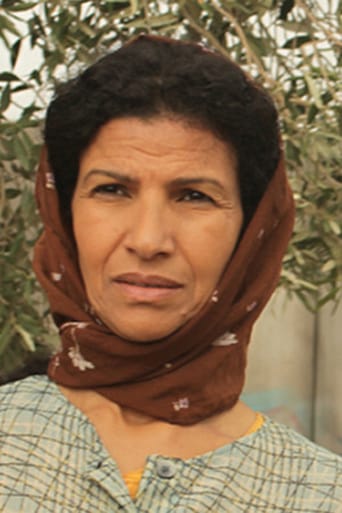leplatypus
I knew that the Harkis shared a painful history because beings Arabs fighting for France, they are viewed as traitors by nationalist Arabs and as invaders by racist French.But I never guessed (or be taught) that my own country, which proudly parades as cradle of human rights, have treated those families like animals! Parked in far-away country camps, forced labors, psychiatric asylum to enforce order, family life crushed since birth (babies were given French names chosen by the camp leader!). And it didn't happen in the 20s or 30 but in the 70s!The DVD is a very moving testimony, as it offers a documentary for historic events and the movie for a drama point of view. The script is beautifully written because the harki family rotates between a terrorized and blind father and a strong and rebel daughter.Those movie is a french "Schindler List" for the emotional level and would have deserved the same recognition and awards.Sadly, the harki doom lasts because this movie didn't get a theater release but a TV broadcasting, and thus their fate missed a large audience and they finally stayed in shadows.
asf-ics
This excellent film describes the plight of a "Harki" family in the aftermath of the Algerian war for independence from France, 1954-62. Harki is the term used to describe those Algerians who fought on the side of the French in this savage and brutal war, which was not only a war for independence but also a civil war between Algerians.After Algeria achieved independence, perhaps half of the harkis who remained were massacred as traitors, while the other half, some 90,000 escaped with their families to France, where they were an embarrassment to the French government who did not want them. These harkis and their families were concentrated in camps hidden away in the forests of southern France and were made to work felling timber, clearing undergrowth etc, and were paid less than a living wage.The film, which is set in 1972, opens with a shot which could be mistaken for a clip from a 1939 newsreel at the end of the Spanish Civil War with a family of refugees hurrying along an unlit, unpaved road at night with their cheap suitcases, passing what might well be frontier with its striped pole across the road, and then end up being interviewed by a French official.The story of Harkis is based on the true memoirs of the eldest girl of the family, Dalila Kerchouche (called Leila in the film), and her efforts to make the family, in particular her father, realise their true situation – that they are unwanted and as such are abused, robbed and otherwise taken advantage of by the camp commandant, and indeed by a lot of the other French people. A local farmer's wife however takes an interest in Leila, and supports her efforts to bring the family to understand just what is being done to them.This film is highly moving, and while there are a number of gentle moments (Leila's first boy friend, for example), it mainly serves as a shocking indictment of a shameful episode in recent French history which remained unknown to the vast majority of the population. The acting is extraordinarily good – so much so that, for example, when the father Said takes off his belt to whip his eldest daughter, the actors and crew forgot to tell the younger daughter, aged about 4, that it was all fiction and that Leila was padded, and she bursts into tears and fights with Said to stop him hitting Leila (according to Smain, the actor who played Said and who presented the film at the recent festival of French films (Feb 2008) in Castelldefels, Barcelona.) It remains a pity that so many excellent French language films are rarely shown outside Francophone countries – and indeed, with a very few exceptions, are rarely reviewed in full on www.IMDb.com But if you get the chance to see this one, don't miss it!



